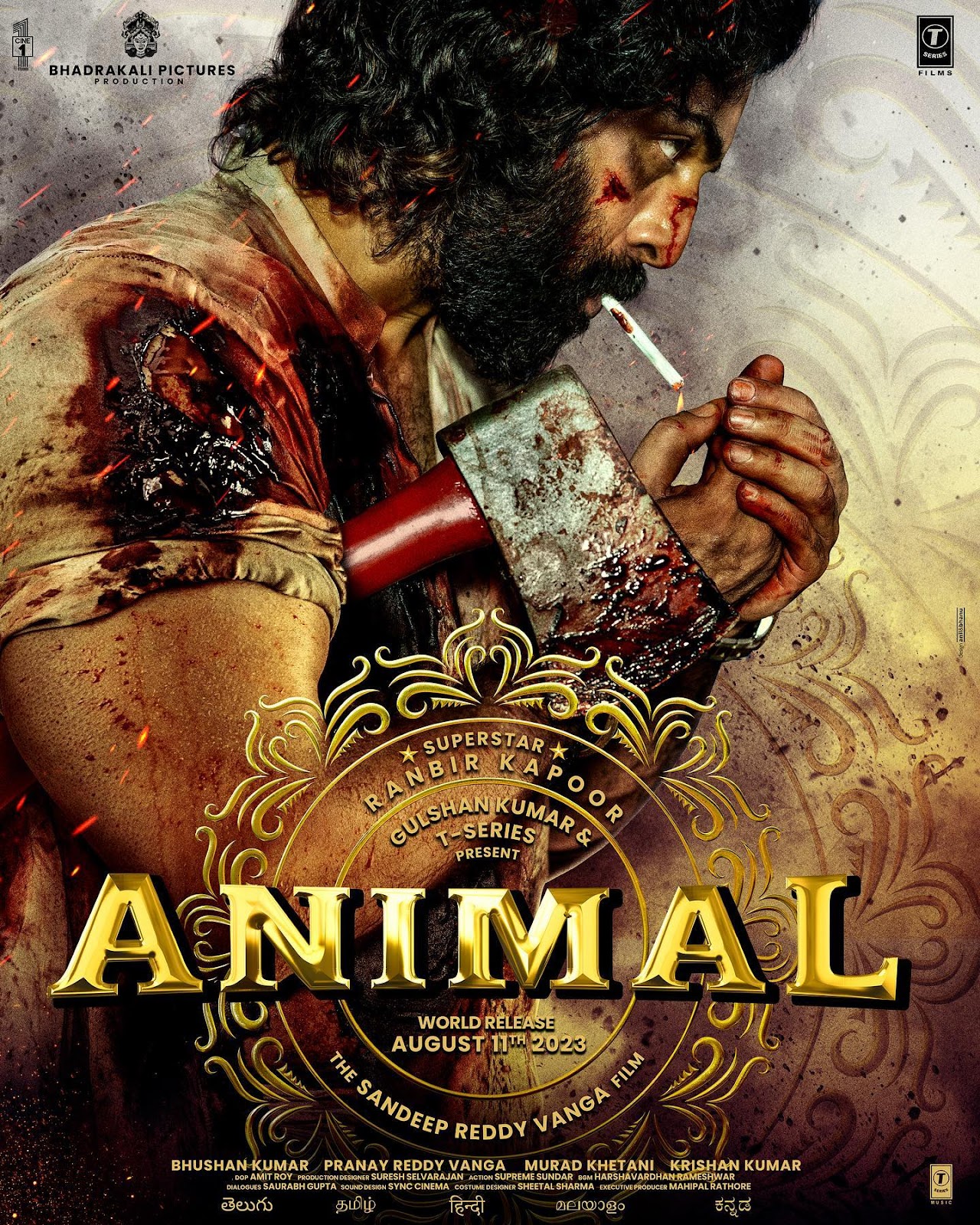Why do filmmakers insist on remaking classics when the originals remain etched in our cultural consciousness? A bold statement must be made: some stories should never be retold. The latest adaptation of The Crow serves as a prime example, failing to soar and instead grounding itself in mediocrity. Released in 2024, this unnecessary retelling of James O'Barr’s iconic graphic novel proves that certain narratives are better left untouched.
The original The Crow, directed by Alex Proyas and starring Brandon Lee, achieved cult status for its dark themes, striking visuals, and emotional depth. Three decades later, the story still resonates with audiences worldwide. Yet, Hollywood's relentless pursuit of profit-driven reboots has led to yet another attempt at reviving the mythos—this time without the same impact or resonance. While technology has advanced significantly since the '90s, what truly matters in storytelling is authenticity, something the new version sorely lacks. Instead of honoring the source material, the remake dilutes its essence, offering little more than flashy special effects and uninspired dialogue.
| Bio Data & Personal Information | Career & Professional Information | ||
|---|---|---|---|
| Name: | James O'Barr | Profession: | Graphic Novelist, Writer |
| Date of Birth: | March 15, 1961 | Notable Works: | The Crow, Gothic Arcana |
| Place of Birth: | Chicago, Illinois, USA | Awards: | Eisner Award (multiple nominations) |
| Education: | School of Visual Arts, New York City | Reference Website: | jamesobarr.com |
Comparing the two versions highlights the stark differences between them. In the original, Eric Draven's quest for vengeance was driven by raw emotion and personal tragedy, making his transformation into a supernatural being both haunting and believable. The 2024 adaptation, however, opts for a more conventional superhero approach, stripping away much of the grit and darkness that defined the first film. This shift alienates long-time fans while failing to attract new ones. Moreover, the casting choices lack the charisma and intensity that Brandon Lee brought to the role, further detracting from the overall experience.
Meanwhile, other films exploring similar themes have fared better. For instance, David Cronenberg's The Fly remains a masterclass in body horror and existential dread. Released in 1986, it tells the harrowing tale of scientist Seth Brundle, whose experiments with teleportation lead to catastrophic consequences. Unlike The Crow, which relies heavily on visual spectacle, The Fly delves deep into psychological torment and physical decay, creating an unforgettable cinematic experience. Its ability to blend science fiction with human drama continues to captivate audiences today, proving that innovation often stems from embracing complexity rather than simplification.
In contrast, JetBlue's initiative to enhance passenger entertainment through Fly-Fi offers a refreshing diversion from traditional movie-watching experiences. By providing free, high-speed Wi-Fi across all flights, the airline allows travelers to stream popular content directly to their devices. Platforms like Peacock offer exclusive deals via PeacockOnJetBlue.com, ensuring passengers can enjoy everything from hit movies to live sports during their journey. Such advancements underscore how technology can enrich leisure activities without compromising quality.
Another noteworthy mention comes from the world of independent cinema. The annual Fly Fishing Film Tour (F3T), now in its 19th year, showcases some of the best documentaries and short films centered around fly fishing. With screenings scheduled across over 14 countries in 2025, this event celebrates the artistry and adventure associated with the sport. These films often emphasize environmental conservation and community building, providing viewers with valuable insights beyond mere entertainment.
Returning to The Crow, one cannot ignore the marketing strategies employed for its latest iteration. Despite strong promotional efforts, including tie-ins with major streaming platforms, the film struggled to generate buzz among critics and general audiences alike. Marketing maven Kelly Jones attempted to bolster interest but ultimately failed to overcome inherent flaws in the production itself. As seen in discussions surrounding Fly Me to the Moon, even well-executed campaigns cannot salvage subpar content if the core product lacks substance.
Ultimately, the lesson here extends beyond just The Crow. Filmmakers must recognize that not every beloved property warrants a reboot. Respect for original works and an understanding of why they succeeded in the first place are crucial before embarking on such projects. Otherwise, we risk diminishing the legacy of timeless tales like The Crow, leaving only hollow imitations in their wake.
For those seeking genuine thrills, perhaps revisiting classic films like The Fly or exploring lesser-known gems featured in events like F3T would prove far more rewarding. After all, true art endures not because it constantly reinvents itself but because it speaks directly to universal truths—and sometimes, that's enough.


.jpg)
